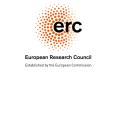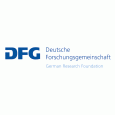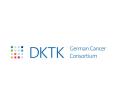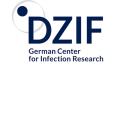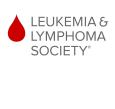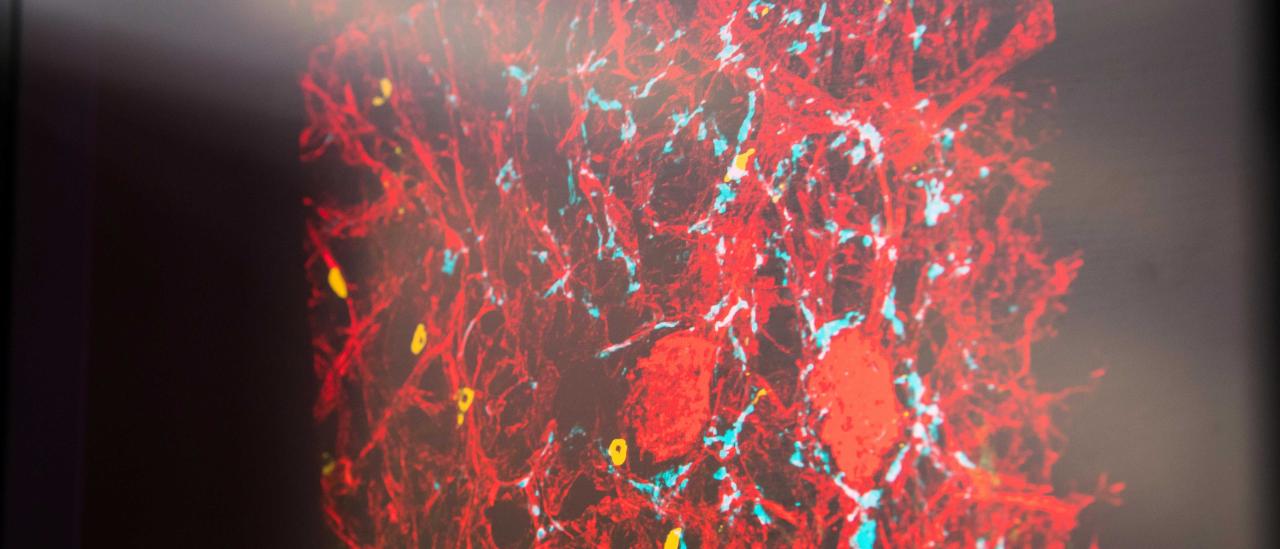
The research in our laboratory focuses on normal and disease-deregulated signaling processes in the immune system. We study how cells of the innate and adaptive immune system recognize microbial pathogens (viruses, bacteria, fungi) or malignant tumors, and which molecular signaling mechanisms transmit this information into the cell interior to activate the immune response and ensure the organism's integrity. Additionally, we aim to understand how genetic alterations or exogenous disruptions cause these signaling pathways to go out of control, leading to immune deficiencies, chronic inflammation, or cancer. A particular focus is also on how normal immune cells can transform and develop into leukemia or lymphoma cells. The long-term goal of our work is to improve the diagnosis and therapy of immunological and cancers.
Adaptive Immunity and Cancer
Building on the functional characterization of genetic alterations in human lymphomas, Jürgen Ruland identified a long-sought molecular mechanism by which the specific antigen receptors of T and B cells can activate the transcription factor NF-κB. In this process, the proteins BCL10 and MALT1 form signaling complexes in B or T lymphocytes that, after recognizing an antigen on the cell surface, transmit signals to the nucleus to trigger the controlled expansion and activation of the cell for immune defense. Furthermore, Jürgen Ruland demonstrated that genetic deregulation of this specific signaling cascade promotes continuous tumor cell growth in lymphomas. Here, Ruland identified potential therapeutic interventions to disrupt these misdirected signals and was the first to show that pharmacological inhibition of MALT1 is toxic to lymphoma cells. By inactivating the immune checkpoint protein PD-1, Ruland's research group identified a new central pathway of tumor suppression in T-cell lymphomas. Current research aims to comprehensively decipher these processes to make them therapeutically useable for cancer treatment.
Innate Immunity and Infection
In investigating the innate immune system, Jürgen Ruland discovered the fundamental mechanism by which the human body defends against fungal infections. In myeloid immune cells, the signaling protein CARD9 is required as a critical factor, which, in collaboration with other cellular switches (such as SYK, BCL10, MALT1, and inflammasomes), integrates signals from pattern recognition receptors to trigger protective inflammatory immune responses. These signaling pathways are essential for protecting the body against fungi and are also needed for the immune defense against certain viruses and bacteria. Based on this research, several genetic immune defects in humans have been identified worldwide which lead to increased susceptibility to fungal or other opportunistic infections, resulting in updated diagnostic procedures for these rare diseases. Additionally, Jürgen Ruland discovered Clec12A, the first cell membrane-bound immune receptor for uric acid crystals, and identified a previously unknown connection between the recognition of nucleic acids in the cell plasma and the inflammatory response through the direct interaction of CARD9 with the DNA repair protein Rad50. Current studies show that these signaling pathways in the innate immune system are not only relevant for infection defense, but also active in the immediate vicinity of damaged cells and tumor cells, thus representing novel targets for tumor immunotherapies.
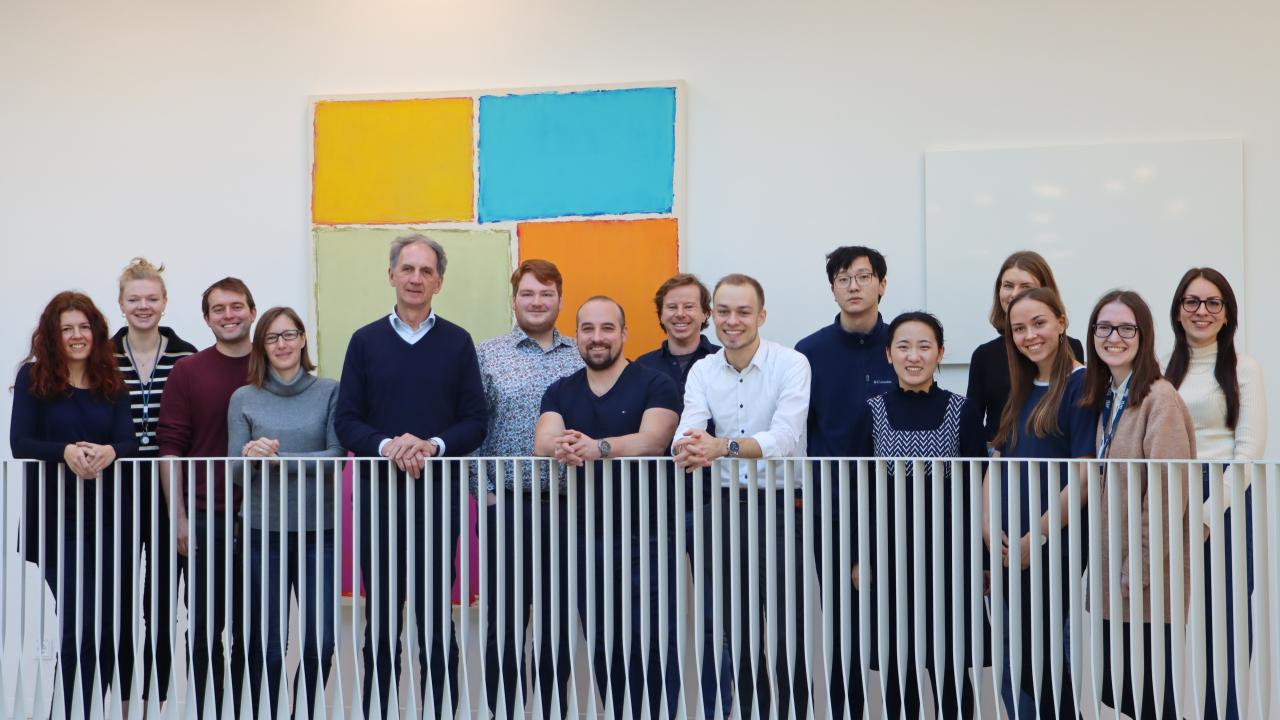






























Alumni
Jing Zhang
Emma Morrish
Konstanze Pechloff
Marc Rosenbaum
Miriam Schulz
Professor Jürgen Ruland studied medicine in Gießen and Pittsburgh, received his doctorate in pharmacology, and is a specialist in laboratory medicine. After clinical and scientific work at TUM (Technical University of Munich), the University of Freiburg, the Ontario Cancer Institute, and the AMGEN Research Institute at the University of Toronto, he led a junior research group of the German Cancer Aid at TUM starting in 2003. He completed his habilitation in medicine in 2005 and was a full professor and chair of molecular immunology at TUM from 2010 to 2012. Since 2012, he has been a full professor and chair of laboratory medicine. Professor Ruland has been honored with numerous awards, including the Gottfried Wilhelm Leibniz Prize, and has secured ERC Advanced Grants in 2013 and 2019. He is also a member of several esteemed scientific academies, including the German National Academy of Sciences Leopoldina and the Bavarian Academy of Sciences and Humanities.
Further information on the Ruland lab can be found on the website of the Central Institute for Translational Cancer Research (TranslaTUM)
Enforced CARD11/MALT1 signaling in dendritic cells triggers hemophagocytic lymphohistiocytosis.
Isay, S.E., Vornholz, L., Schnalzger, T., Groll, T., Magg, T., Loll, P., Weirich, G., Steiger, K., Hauck, F., Ruland, J. (2024). Proc Natl Acad Sci U S A 121, e2413162121. doi 10.1073/pnas.2413162121
PD-1 instructs a tumor-suppressive metabolic program that restricts glycolysis and restrains AP-1 activity in T cell lymphoma.
Wartewig, T., Daniels, J., Schulz, M., Hameister, E., Joshi, A., Park, J., Morrish, E., Venkatasubramani, A.V., Cernilogar, F.M., van Heijster, F.H.A., Hundshammer, C., Schneider, H., Konstantinidis, F., Gabler, J.V., Klement, C., Kurniawan, H., Law, C., Lee, Y., Choi, S., Guitart, J., Forne, I., Giustinani, J., Muschen, M., Jain, S., Weinstock, D.M., Rad, R., Ortonne, N., Schilling, F., Schotta, G., Imhof, A., Brenner, D., Choi, J., Ruland, J. (2023). Nat Cancer 4, 1508-1525. doi 10.1038/s43018-023-00635-7
Keratinocyte-intrinsic BCL10/MALT1 activity initiates and amplifies psoriasiform skin inflammation.
Kurgyis, Z., Vornholz, L., Pechloff, K., Kemeny, L.V., Wartewig, T., Muschaweckh, A., Joshi, A., Kranen, K., Hartjes, L., Mockel, S., Steiger, K., Hameister, E., Volz, T., Mellett, M., French, L.E., Biedermann, T., Korn, T., Ruland, J. (2021). Sci Immunol 6, eabi4425. doi 10.1126/sciimmunol.abi4425
CARD-BCL-10-MALT1 signaling in protective and pathological immunity.
Ruland, J., Hartjes, L. (2019). Nat Rev Immunol 19, 118-134. doi 10.1038/s41577-018-0087-2
PD-1 is a haploinsufficient suppressor of T cell lymphomagenesis.
Wartewig, T., Kurgyis, Z., Keppler, S., Pechloff, K., Hameister, E., Ollinger, R., Maresch, R., Buch, T., Steiger, K., Winter, C., Rad, R., and Ruland, J. (2017). Nature 552, 121-125. doi 10.1038/nature24649
Rad50-CARD9 interactions link cytosolic DNA sensing to IL-1beta production.
Roth, S., Rottach, A., Lotz-Havla, A. S., Laux, V., Muschaweckh, A., Gersting, S. W., Muntau, A. C., Hopfner, K. P., Jin, L., Vanness, K., Petrini, J. H., Drexler, I., Leonhardt, H. and Ruland, J. (2014). Nat Immunol 15, 538-545. doi 10.1038/ni.2888
Clec12a is an inhibitory receptor for uric acid crystals that regulates inflammation in response to cell death.
Neumann, K., Castineiras-Vilarino, M., Hockendorf, U., Hannesschlager, N., Lemeer, S., Kupka, D., Meyermann, S., Lech, M., Anders, H.J., Kuster, B., Busch, D.H., Gewies, A., Naumann, R., Groß, O. and Ruland, J. (2014). Clec12a is an inhibitory receptor for uric acid crystals that regulates inflammation in response to cell death. Immunity 40, 389-399. doi 10.1016/j.immuni.2013.12.015
Recognition of RNA virus by RIG-I results in activation of CARD9 and inflammasome signaling for interleukin 1 beta production.
Poeck, H., Bscheider, M., Gross, O., Finger, K., Hannesschläger, K., Schlee, M., Rebsamen, M., Rothenfusser, S., Akira, S., Endres, S., Peschel, C., Hartmann, G., Hornung, V., and Ruland, J. (2010) Nat Immunol. 11, 63-69. doi 10.1038/ni.1824
Syk kinase signaling couples to the Nlrp3 inflammasome for anti-fungal host defense.
Gross, O., Poeck, H., Bscheider, M., Dostert, C., Hannesschläger, N., Endres, S., Hartmann, G., Tardivel, A., Schweighoffer, E., Tybulewicz, V., Mocsai, A., Tschopp, J., and Ruland, J. (2009) Nature 459, 433-436. doi 10.1038/nature07965
Card9 controls a non-TLR signaling pathway for innate anti-fungal immunity.
Gross, O., Gewies, A., Finger, K., Schäfer, M., Sparwasser, T., Peschel, C., Förster, I., and Ruland, J. (2006) Nature 442, 651-656. doi 10.1038/nature04926
Bcl10 is a positive regulator of antigen receptor-induced activation of NF-kappaB and neural tube closure.
Ruland, J., Duncan, G. S., Elia, A., del Barco Barrantes, I., Nguyen, L., Plyte, S., Millar, D. G., Bouchard, D., Wakeham, A., Ohashi, P. S., and Mak, T. W. (2001). Cell 104, 33-42. doi 10.1016/s0092-8674(01)00189-1
